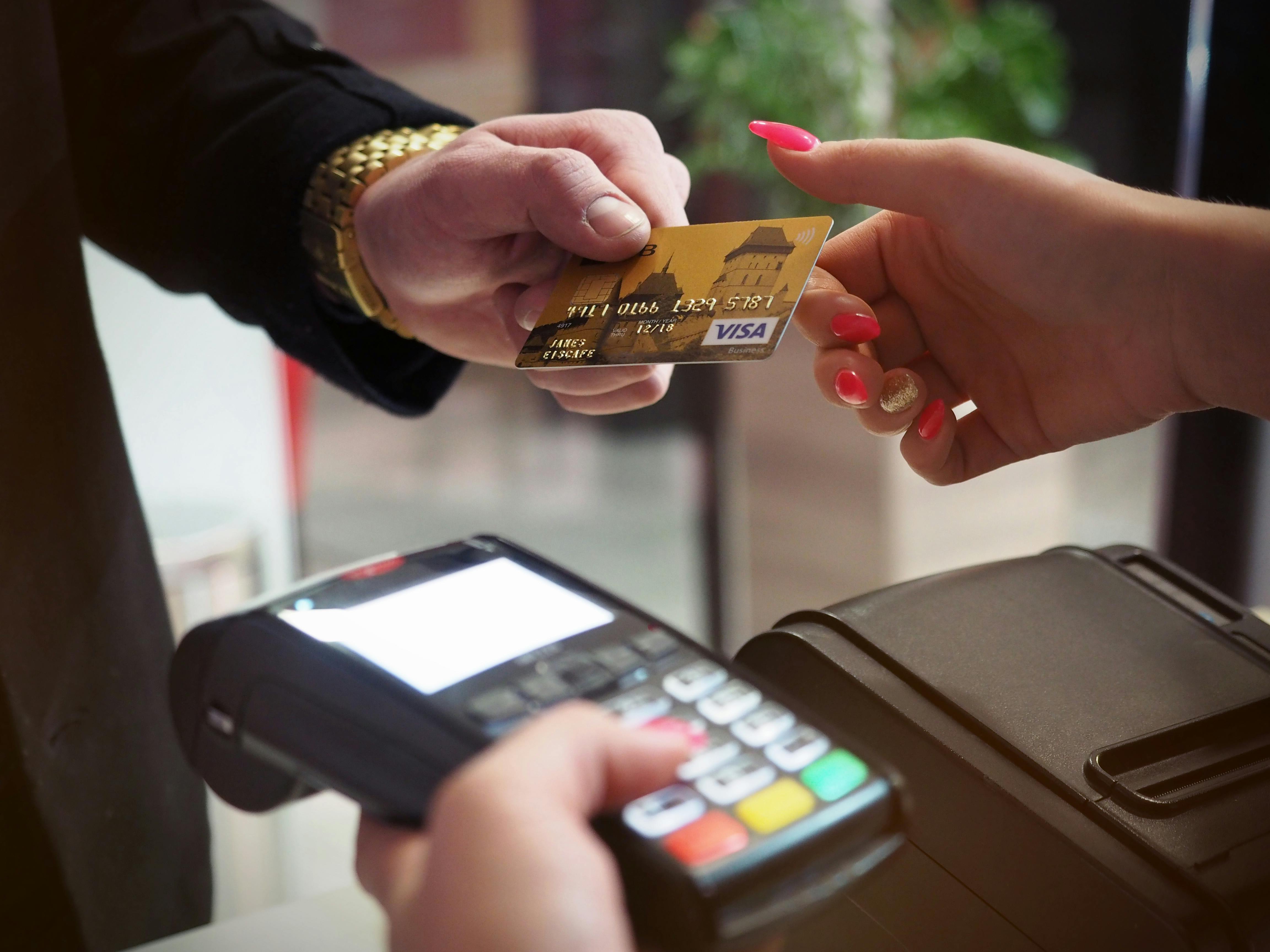A Comprehensive Guide: How to Buy Cryptocurrency
| Key Takeaways |
|---|
| Reasons to invest in Crypto |
| How to choose a Crypto Wallet |
| Picking the right Crypto Exchange |
| Steps to Buy Crypto |
| Securing your Cryptocurrency |
| Understanding the Tax implications of Crypto |
The world of cryptocurrency continues to grow as more individuals and institutions recognize its potential. This article provides an in-depth guide on how to buy cryptocurrency, making informed investment decisions, and understanding the risks involved. Here, you’ll find top-quality information aimed at helping you make informed choices. Let’s dive in.
Reasons to invest in Cryptocurrency
There are several compelling reasons why investing in cryptocurrency might be a good move. Here are few to consider:
- High Return Potential: Whilst risky, cryptocurrencies, particularly Bitcoin, have shown the potential for high returns in a short period.
- Low Transaction Fees: Compared to traditional financial systems, cryptocurrency transactions often involve lower fees.
- Greater Accessibility: Cryptocurrencies are accessible to anyone with an internet connection, making them truly global.
How to choose a Crypto Wallet
Choosing the right cryptocurrency wallet is an important step in ensuring the safety of your investments. There are two main types of wallets you can use:
- Hot Wallet: These wallets are connected to the internet, offering convenience but with some security risk.
- Cold Wallet: Also known as hardware wallets, these devices are offline and hence more secure from online hacking attempts.
Some popular wallets include:
- Exodus: Exodus is a software wallet, which can be installed on your computer or mobile device.
- Trezor: Trezor is a hardware wallet that provides extra security by keeping your private keys offline.
Picking the right Crypto Exchange
Exchanges are platforms where you can purchase, sell, and trade cryptocurrencies. These platforms differ in terms of security, privacy, ease of use, and cryptocurrencies available for trading. It’s important to choose an exchange that suits your needs. Make sure to research and compare different exchanges before making a choice. Here are some well-regarded crypto exchanges:
- Binance: Great for global users, beginner-friendly, extensive range of cryptocurrencies.
- Coinbase: A reputable and easy to use exchange, great for beginners.
- Gemini: Well-regulated, great security, beginner-friendly.
Steps to Buy Crypto
Armed with a wallet and your chosen exchange in place, you’re now ready to dive into the world of cryptocurrencies. Here’s how to buy crypto:
- Open an account: Register an account at your selected crypto exchange.
- Verify your account: Most exchanges require you to verify your identity with personal documents. This step is usually quick.
- Add payment method: Connect your bank account or credit card to your exchange account.
- Buy crypto: Finally, you can buy the cryptocurrency of your choice. Be sure to transfer your purchase to your own wallet for secure keeping!
Securing your Cryptocurrency
Your crypto investment can only take you as far as your security allows. Here are some steps you can take to boost the safety of your investment:
- Use Two-Factor Authentication: This adds an extra layer of security to your accounts.
- Regular Updates: Keep your wallet and computer systems updated to ensure you have the latest security patches.
- Use Strong Passwords: Do not compromise on your password’s strength. The longer and more complex, the better.
Understanding the Tax implications of Crypto
Depending on your jurisdiction, your crypto gains may be subject to tax. It’s essential to understand your local tax laws and how they may impact your cryptocurrency investments. Some key takeaways include:
- Capital Gains Tax: In many jurisdictions, you are liable to pay capital gains tax on any profit you make from selling your cryptocurrency.
- Income Tax: If you receive your income or wages in cryptocurrency, they may be considered as income for tax purposes.
- Record Keeping: It’s important to keep a record of all your cryptocurrency transactions for tax reporting purposes.
Note: This guide provides information of a general nature only. It’s crucial to seek advice from professionals or conduct thorough research as required. The information presented here is for educational and informational purposes only. Always perform your own research and due diligence when investing in cryptocurrency.
Understanding Cryptocurrency Investment Risks
Cryptocurrency, like any other investment, involves a certain level of risk. It’s crucial that potential investors understand these risks before proceeding. Some of these risks include:
- Market Volatility: Cryptocurrency prices can be incredibly volatile. Your investment can skyrocket or plummet at any moment.
- Regulatory Risks: The regulatory environment for cryptocurrencies is still evolving. Changes in regulations can impact the value and legality of certain cryptocurrencies.
- Security Risks: While blockchain technology is secure, cryptocurrencies are still susceptible to hacking, fraud, and theft.
Investment Strategies for Cryptocurrency
Armed with a basic understanding of how to buy cryptocurrencies, it’s also important to consider investment strategies to increase your chances of successful trading. Here are a few strategies to consider:
- Hodling: Hodling, derived from a typo for ‘holding’, refers to buying and holding cryptocurrencies for long term gains.
- Day Trading: This involves buying and selling cryptocurrencies within the same day to take advantage of short-term price fluctuations.
- Swing Trading: Investors who use this strategy take advantage of price trends to make gains. It usually involves holding the cryptocurrency for a period ranging from a few days to several weeks.
Essential Tools for Cryptocurrency Investors
Successful cryptocurrency trading requires the right tools. Here are a few essential tools that can help in your cryptocurrency investment journey:
- Blockchain Explorers: These are tools that allow you to track transactions and other activities on different blockchains
- Market Capitalization Tools: These tools provide statistics about different cryptocurrencies, including their market capitalization, trading volume, and price history.
- Technical Analysis Tools: These tools analyze price history to predict future price movements.
The Future of Cryptocurrency
Historically, the cryptocurrency market has been highly volatile and faced several ups and downs. Despite these challenges, it has experienced tremendous growth over the past decade, and this trend doesn’t seem to be slowing down. The adoption of cryptocurrencies by big corporations, developments in the blockchain technology space, and increased acceptance by regulatory authorities worldwide, all point towards a vibrant and promising future for cryptocurrencies.
The information presented in this article is for educational purposes only. Always conduct your own research before investing in cryptocurrency.
Use Cases of Cryptocurrencies
Beyond crypto investment, there are a myriad of ways cryptocurrencies are being used. Here are a few examples:
- Remittances: With cryptocurrencies, the cost of sending money across borders is considerably lower than traditional financial systems.
- Digital Ownership: Digital assets, such as collectibles, art, and domains, can be tokenized and owned in fractional amounts.
- Decentralized Finance: Decentralized finance (DeFi) aims to provide a parallel financial system that is open to everyone and doesn’t require intermediaries like banks.
Handling Cryptocurrencies Safely
As crypto investments continue to rise in popularity, so do the threats from hackers. Therefore, safe handling of your cryptocurrencies is vital. Here are some safety measures you can follow:
- Private Keys: Private keys are what you use to access your cryptocurrency. They should be kept offline and must never be shared.
- Regular Software Updates: Ensure that your computer, mobile device, and digital wallet are updated regularly. This helps protect your crypto assets from potential attacks.
- Secure Internet Connection: Always use a secure and private internet connection when making transactions. Avoid using public Wi-Fi networks, as they are not very secure and expose you to risks.
Frequently Asked Questions About Cryptocurrency
- Is it safe to invest in cryptocurrency? Investing in cryptocurrency involves risks, like any other investment. However, understanding these risks and taking precautions can significantly reduce the likelihood of loss.
- What is the best cryptocurrency to invest in today? The answer to this question varies depending on individual goals, risk tolerance, and investment horizon. It’s best to conduct thorough research before making any investment.
- Are cryptocurrencies legal? The legality of cryptocurrencies varies by country. While some embrace them, others have banned cryptocurrencies outright. Always check local rules and regulations before making crypto transactions.
The field of cryptocurrency is vast and ever-changing, but starting your journey doesn’t have to be daunting. This guide provides a solid basis for understanding what crypto is, how to buy it, manage risks, and secure your investments. Remember, the best investment you can make is an investment in your education about this game-changing technology.












